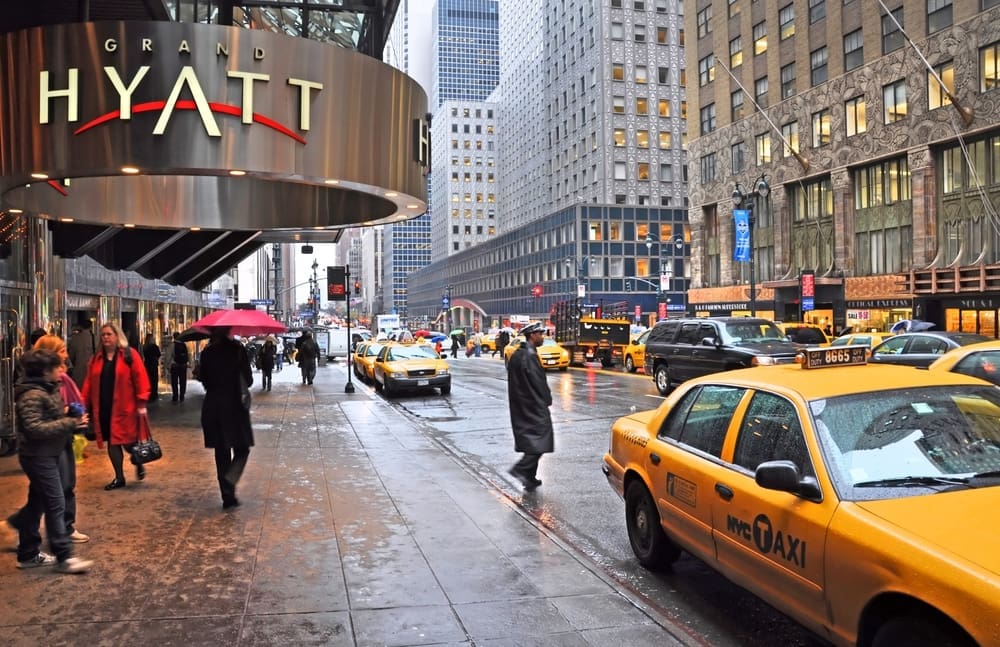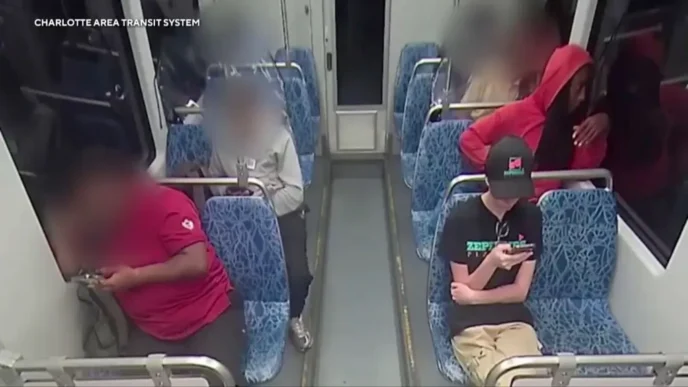The Trump administration has withdrawn $188 million in federal grants allocated to New York City for sheltering migrants, citing concerns that the funds were being used to support illegal immigration. This decision has prompted New York City’s mayor to commit to contesting the grant cancellations. The Federal Emergency Management Agency (FEMA) informed city officials in a letter dated April 1 that the grants, including approximately $80 million previously withdrawn from the city’s account in February, would be rescinded. Consequently, the city is now required to return an additional $106 million, which officials report was utilized for housing and providing care to migrants.
Mayor Eric Adams, whose administration has already initiated legal action to recover the initial $80 million, stated the city’s intention to challenge the broader cancellation of grants. He emphasized that these actions, including the clawback of appropriated funds, are unlawful. The New York City Law Department is currently evaluating legal strategies to retain the funds within the city.
The grants in question are part of a program approved by Congress and managed by FEMA to assist local governments and nongovernmental organizations in offering shelter and social services to migrants. FEMA’s acting director, Cameron Hamilton, indicated in correspondence with city officials that the grant program is not aligned with the Trump administration’s priorities, highlighting that many of those benefiting from the services lack legal status in the U.S.
As New York City experienced an influx of thousands of migrants weekly, it leased hotels and other vacant spaces for use as emergency shelters. Under a unique legal agreement, the city is obliged to provide shelter upon request, although efforts have been made to impose restrictions due to the strain of the influx. Notably, the city repurposed the former Roosevelt Hotel in midtown Manhattan as a shelter and arrival center for migrants, a decision criticized by Republicans and federal officials, who associated the facility with gang activity. This claim supported the $80 million FEMA grant’s withdrawal, though the city maintains the assertion was without evidence.
Mayor Adams announced plans to close operations at the Roosevelt Hotel and over 50 other shelters by June, attributing the decision to a decrease in migrant arrivals and their relocation to alternative housing. The mayor, who faces pressure to demonstrate political independence from the Trump administration, expressed a willingness to support some immigration policies but affirmed a commitment to recover funds for migrant-related expenses.
The Bottom Line
- The withdrawal of federal funds impacts New York City’s financial capacity to provide shelter and services to migrants, potentially affecting their well-being and integration.
- Legal battles over the funds could strain city resources and alter future federal funding negotiations and policies regarding immigration aid.
- Community organizations and nonprofits that rely on this funding may face operational challenges, affecting their ability to assist vulnerable populations.
- The situation could influence public opinion and voter sentiment regarding immigration policies at both local and federal levels, particularly in upcoming elections.
- Changes in shelter availability and policies might lead to shifts in migration patterns and housing arrangements, impacting local housing markets and community dynamics.














